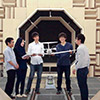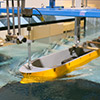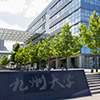Outline
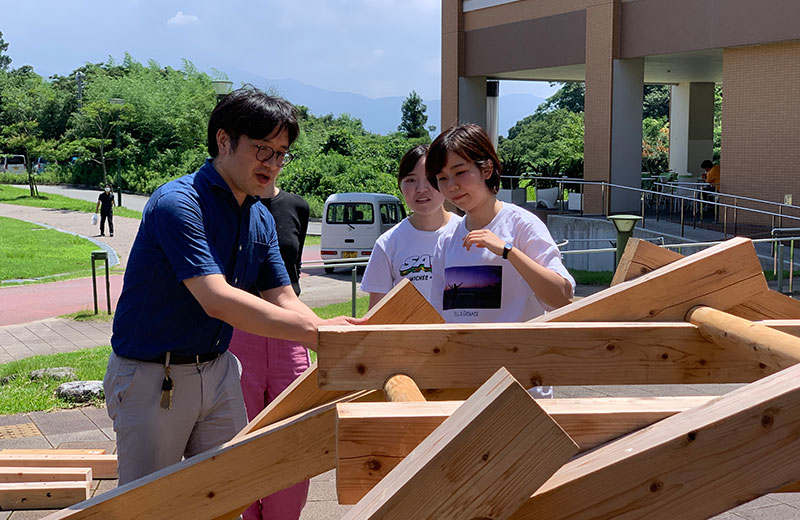 [Civil engineers works towards building sustainable and prosperous cities and nations]
[Civil engineers works towards building sustainable and prosperous cities and nations]
Civil engineering is a broad discipline encompassing the development and conservation of a nation’s infrastructure (roads, rivers, coasts, mountains and forests, etc.) necessary for us to lead safe, secure and prosperous lives. Civil engineering also covers development of disaster prevention technologies, and green infrastructures that aim to harmonize the artificial cities with the nature and ecosystems, next-generation transportation services combining big data, and new materials for building durable structures.
Technologies in the Civil engineering date back to the history of mankind. Roads, bridges, water and sewage systems, railroads, ports, and other infrastructures make up our modern society. The world is now facing severe environmental, social, and economic problems. While inheriting and developing traditional technologies, civil engineering also incorporates State-of-the-art technologies (AI, automatic driving, 5G, etc.) to build sustainable and prosperous cities and nations for the next 50 years, 100 years, and beyond.
In this rapidly changing world, civil engineers, who can combine various technologies and ideas to enrich the lives of citizens in their respective regions, are absolutely needed all over the world.
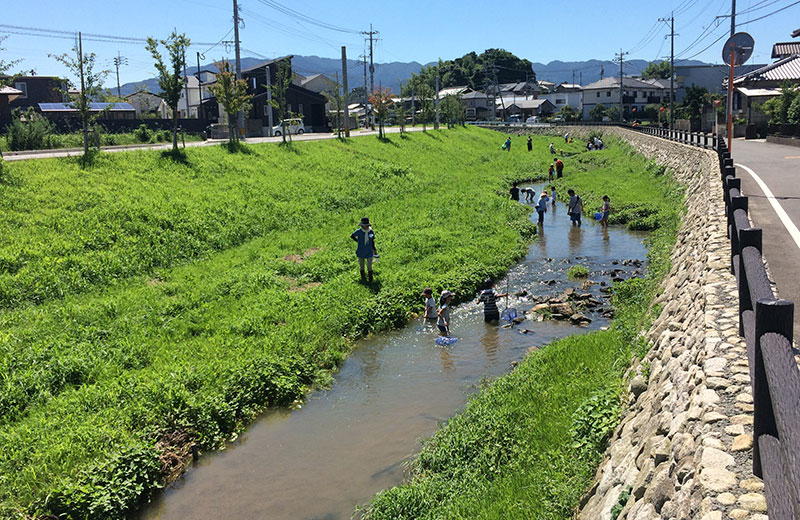

What do you learn?
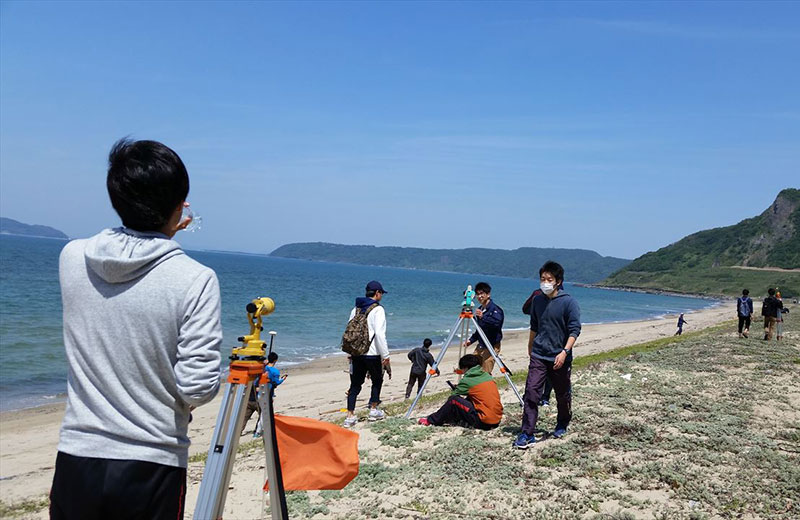 In the Department of Civil Engineering, you can acquire not only the basic specialized knowledge and skills, but also the management skills, communication skills, leadership qualities, and ethics so that you can play an active role as civil engineers on the front lines after graduation.
In the Department of Civil Engineering, you can acquire not only the basic specialized knowledge and skills, but also the management skills, communication skills, leadership qualities, and ethics so that you can play an active role as civil engineers on the front lines after graduation.
The followings are the main educational goals of our program.
1.To acquire a broad knowledge of the global environment and human society, and to become a person with an excellent personality backed by a sense of ethics.
2.To acquire the necessary knowledge and communication skills to be an independent engineer who can respond appropriately in today’s globalized world .
3.To nurture civil engineers who can take leading role in infrastructure development, and to acquire the basic academic skills and advanced applied academic skills required for a wide range of jobs.
4.To acquire the management skills for carrying out practical work systematically and efficiently under the given constraints.
5.To acquire the design ability for creating a better society, by integrating specialized knowledge and intelligence.
6.To be able to take the leadership in society.
7. To acquire an aptitude for solving fundamental issues for sustainable development, such as cross-disciplinary global environmental problems and disaster prevention.




